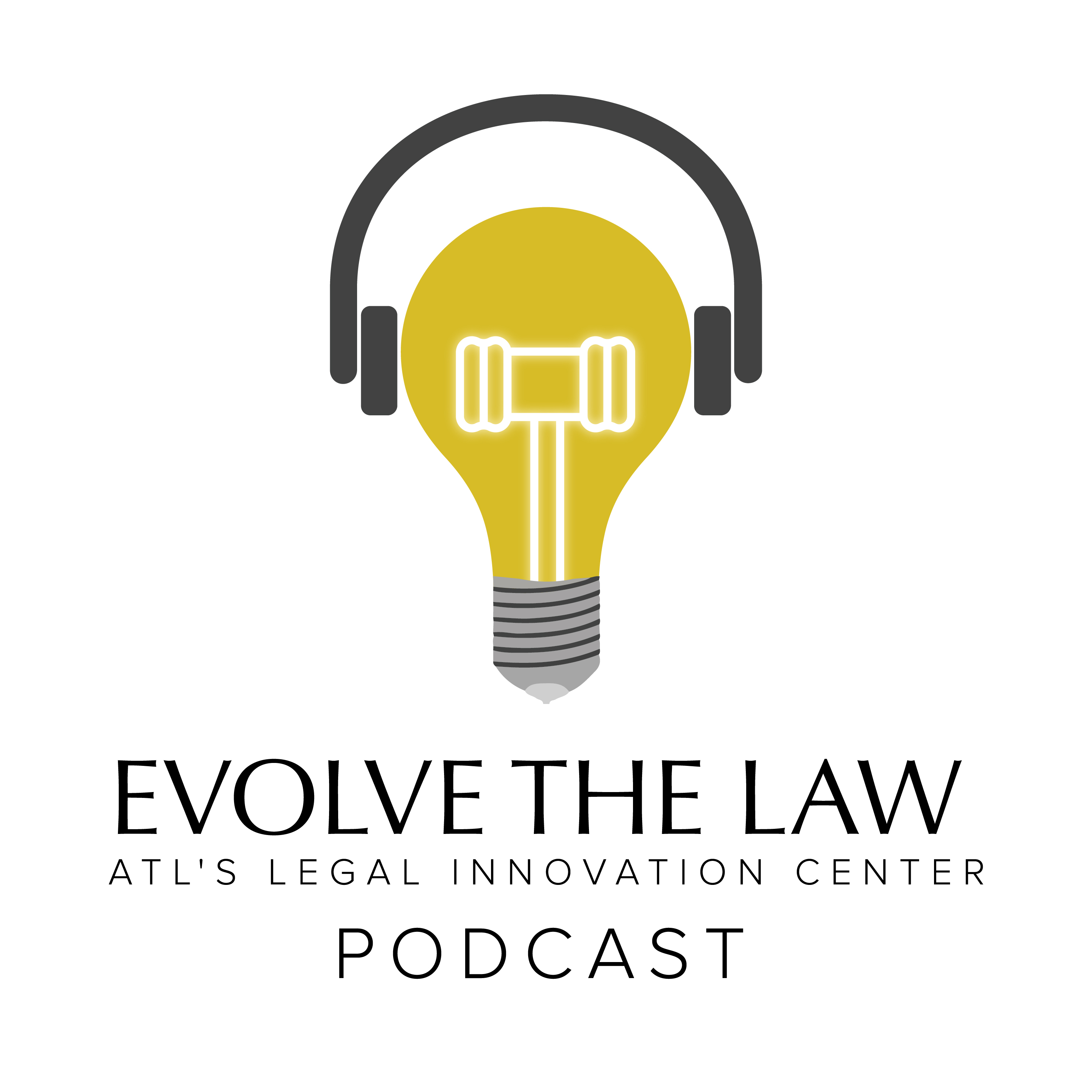 AI alarmists have long espoused fears of robot lawyers taking over our jobs, but an app probably wasn’t what they had in mind. Nevertheless, that’s where we are. Launched on October 10, 2018 by programming wunderkind Joshua Browder, the new DoNotPay app touts itself as the “world’s first robot lawyer,” which allows you to “fight corporations, beat bureaucracy and sue anyone at the press of the button.”
AI alarmists have long espoused fears of robot lawyers taking over our jobs, but an app probably wasn’t what they had in mind. Nevertheless, that’s where we are. Launched on October 10, 2018 by programming wunderkind Joshua Browder, the new DoNotPay app touts itself as the “world’s first robot lawyer,” which allows you to “fight corporations, beat bureaucracy and sue anyone at the press of the button.”
If DoNotPay sounds familiar, it may be from the massive Equifax breach that dominated the news cycle last year. While DoNotPay started as an AI-powered “robot lawyer” designed to dispute parking tickets and other small matters, it expanded to offer more complex legal services, which found their way into the spotlight during the Equifax scandal, when users were able to leverage DoNotPay to sue Equinox for maximum damages. Now, DoNotPay is back in the spotlight, thanks to its new incarnation in app form (currently only available on iOS).
Not surprisingly, the DoNotPay app has generated plenty of hype in its first couple days on the market. Many users and commentators are singing its praises as a new source of access to justice for all. However, while the DoNotPay app has great potential, it might need to work out a few kinks before it can deliver on all the hype.
Click Your Way to Justice
The appeal of DoNotPay is obvious. The ability to sue someone by pressing a button on your phone? And it’s free? It sounds like a no-brainer.
Many people agree. Experts in the industry are lauding the app as a powerful new weapon in the ongoing fight for access to justice. Users still need to have evidence to back up their claims, but DoNotPay helps to remove many of the roadblocks that typically make pursuing action costly, complicated, or simply not worth the effort.
The legal actions offered on DoNotPay cover an impressive range. One feature allows users to file a claim in any small claims court in the country, including all 3,000 counties in the 50 states. Perhaps even more significant in the current political climate, DoNotPay includes a service that claims to help users obtain green cards and visas, eliminating the usual service fees. Other service offerings include searching for hidden class action settlements you’re owed, fighting credit card and overdraft fees, suing tech companies for data breaches, and collecting money from hotel and airline bookings through price protection guarantees. And, of course, you can still fight parking tickets, which is how DoNotPay got its start in the first place.
Again, this is all free. The app claims to be successful about 50% of the time, with an average recovery around $7,000. If that recovery rate holds true, there’s a strong argument to be made that DoNotPay really is a huge step in the fight for access to justice.
Not So Fast
As with many new tech offerings, DoNotPay has its fair share of wrinkles to iron out. Some are largely innocuous, as various users have reported technical glitches that keep the app from functioning properly.
More important for a legal tech app, however, are concerns about its accuracy. It would be impressive for a free app to be able to get the law right and keep it updated for 3,000 counties across the U.S. As it turns out, the promise may be too good to be true. Some users are already pointing out errors in the legal advice DoNotPay is providing.
The app touts its 50% success rate as a selling point, presumably on the theory that, for a free app that increases access to justice, good enough is far better than nothing at all. Critics have been quick to point out, however, that “good enough” doesn’t apply in the law. When it comes to protecting your legal rights, you don’t get a do-over. For things as important as securing immigration status, which is one of the services DoNotPay promotes, mistakes can ruin lives.
There’s no doubt that DoNotPay is an ambitious project that’s filling a real need. Affordable, much less free, legal advice is a hard thing to come by. Most would agree that free access to justice and legal advice are great things, but justice only comes if that legal advice is accurate.
So, is DoNotPay worth the hype? We likely won’t know for sure until all the kinks are worked out. It’s free to download, so there’s no harm in seeing if you’re owed some class action money you never knew about. And for clear-cut issues like parking tickets or non-critical matters that you might not otherwise invest the time and effort in pursuing, go ahead and press that button. But if the stakes are high, you might want to think twice before you click.







